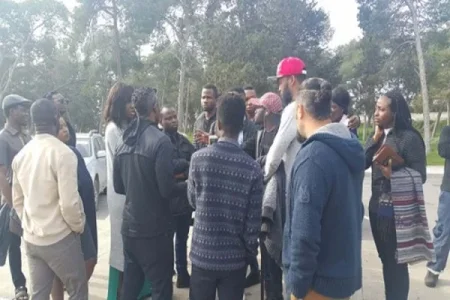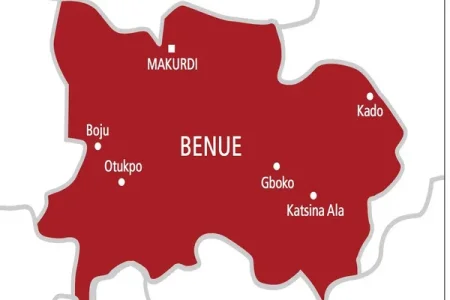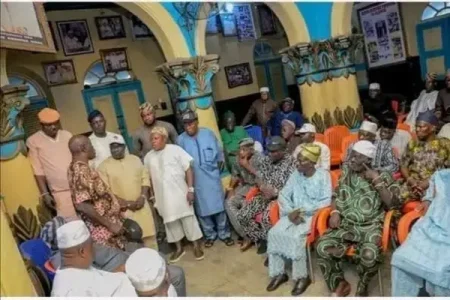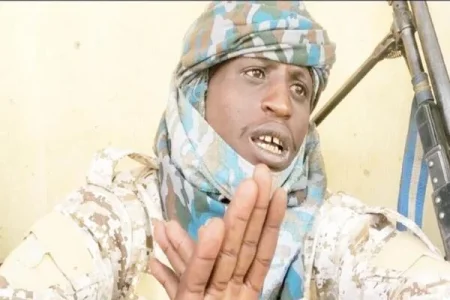
Northern Nigerian students, led by the Coalition of Concerned Northern Youth and Students, withdraw from planned protests against economic hardship. They cite concerns over unknown organizers and potential academic disruptions. Instead, they advocate for expanding the National Education Loan Fund to support students locally and internationally.
A group of students from the Coalition of Concerned Northern Youth and Students has announced their withdrawal from a planned nationwide protest against hunger and economic hardship in Nigeria. The decision was conveyed by Comrade Jibrin Sani Bello, Senate President of the National Association of Kano State Students (NAKS), during a press briefing in Kano.
Bello explained that the withdrawal stemmed from concerns over the unknown identity of the protest organizers. “Preparations for the protest were at an advanced stage, but upon reflection and consultations, Nigerian students should refrain from participating in the national protest due to our lack of knowledge about its organizers,” he stated.
The students emphasized that protests often disrupt academic activities, which could adversely affect their educational journeys. While acknowledging the economic challenges in the country, they cautioned against exacerbating the situation through poorly organized protests.
“We recognize the economic hardship facing Nigerians, but we believe that participating in an unknown protest could lead to unintended consequences,” Bello added. The students expressed suspicions of potential financial inducements influencing the protest organizers’ motives, prompting their decision to withdraw.
Instead of protests, the students advocated for the expansion of the National Education Loan Fund (NELFUND) to provide scholarships for eligible students pursuing education locally or internationally. Abdulrahman Mansir, a student at Umaru Musa Yar’adua University in Katsina, highlighted previous instances where protests extended academic sessions, disrupting student schedules and potentially exacerbating educational challenges.
“We must organize ourselves effectively as students. Protests can disrupt our academic progress and may not effectively address Nigeria’s broader challenges. We rely on divine intervention to resolve our national issues,” Mansir concluded.




